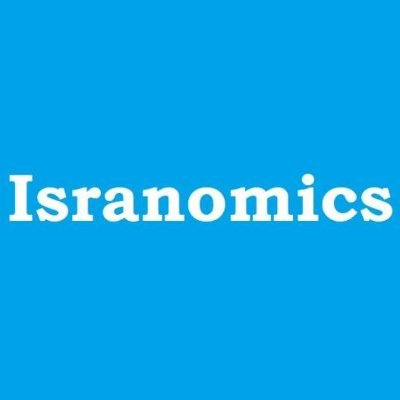Shekel strength: Factors driving stability in Israel's currency market

Since the onset of the year, the local foreign exchange market in Israel has exhibited commendable stability. Notably, the shekel has demonstrated resilience, strengthening against the dollar to trade at a rate of 3.63, despite recent growth data publications. However, the forthcoming interest rate decision by the Bank of Israel looms as a potential catalyst for change in this stability.
Anticipation surrounds the Bank of Israel's decision, particularly concerning the possibility of a second additional interest rate reduction in 2024. Such a move could trigger a devaluation of the shekel, driven by the interest rate gap between Israel and Western countries. Notably, central banks in Europe and the USA have shown reluctance to ease monetary policies, potentially exacerbating this gap.
In light of these developments, reputable financial institutions such as Goldman Sachs and Bank of America have provided insights into the trajectory of the shekel. Goldman Sachs forecasts a continuation of the current exchange rate around NIS 3.7 per dollar in the short term, with a projected strengthening of the shekel to NIS 3.55 in the coming year. However, concerns persist regarding inflationary pressures, extending possibly until 2027.
Goldman Sachs attributes the recent shekel strength to various factors. Firstly, despite negative growth data, the shekel's resilience underscores market optimism regarding Israel's economic performance, especially in the first quarter of the year. Additionally, the high profitability of technology stocks in the US has bolstered the shekel, given Israel's need to balance institutional investment portfolios.
Furthermore, positive developments in Israel's trade balance, particularly a favorable improvement in the fourth quarter, suggest underlying strengths in the economy. The balance of payments dynamics indicates a potential undervaluation of the shekel, paving the way for future appreciation. However, historical precedents highlight the inflow of foreign funds during geopolitical crises, exerting upward pressure on the shekel's value.
Despite these positive indicators, Israel's high risk premium remains a significant factor influencing currency exchange rates. This premium serves as a counterbalance to external aid inflows, shaping the equilibrium in the foreign exchange market.
In conclusion, the stability witnessed in the Israeli foreign exchange market is underpinned by a delicate interplay of domestic and international factors. While current conditions favor the shekel's strength, the impending interest rate decision by the Bank of Israel introduces an element of uncertainty. Market participants keenly await further developments, mindful of the potential ramifications on currency dynamics and economic stability.
This article originally appeared here and is reposted with permission.

Isranomics.com is a website that takes a unique look at Israel's economy, business, and innovations. It gives an overview of what's going on in the country's financial markets and provides its readers with useful information about Israeli companies that work in Israel and around the world. It is a good source of information for anyone who wants to get to know Israel from a non-political point of view.













